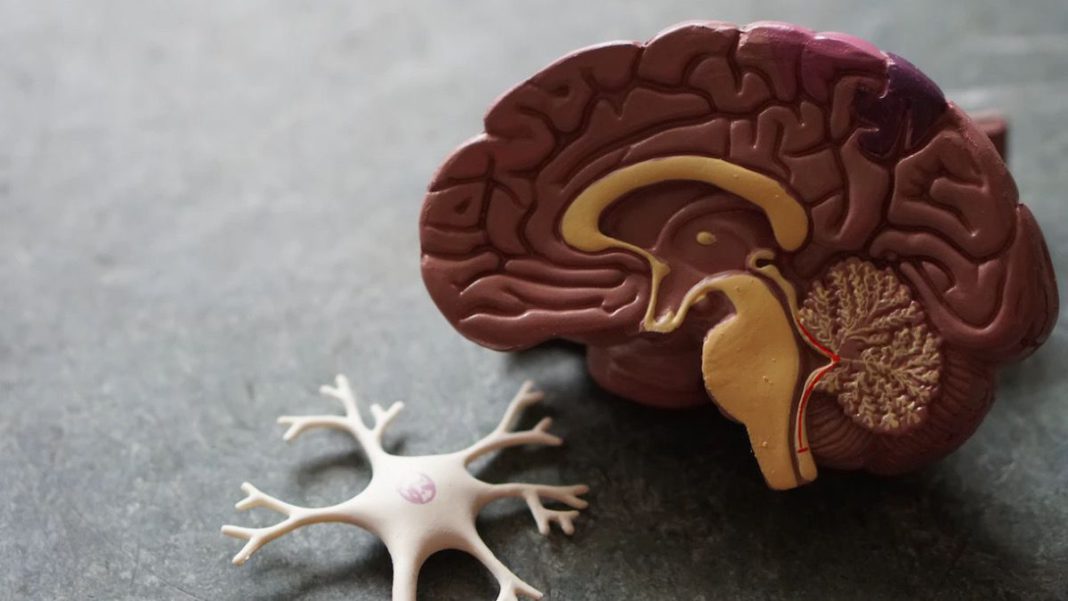AUSTRALIA: Live worm discovered in human brain! A 64-year-old woman from southern New South Wales was admitted to a hospital in late January 2021 after experiencing stomach pain, diarrhoea, persistent dry cough, fever, and night sweats.
Dr. Hari Priya Bandi, a neurosurgeon, called Canberra hospital infectious diseases physician Dr Sanjaya Senanayake and other medical staff members for advise on what to do next after pulling out an 8 cm long parasitic roundworm in her patient.
The patient, a 64-year-old woman, was initially admitted to a local hospital after three weeks of symptoms in 2021.
In 2022, her symptoms, including depression and forgetfulness, led to a referral to a hospital in Canberra. An MRI scan revealed anomalies requiring surgery. The neurosurgeon was surprised to find a wriggling worm. The hospital team quickly organized to examine the type of roundworm and determine any additional care the patient may need.
Senanayake and his team searched textbooks for various types of roundworms causing neurological invasion and disease. After a futile search, they turned to outside specialists for assistance. In Canberra, they sent the living worm to a CSIRO scientist with extensive knowledge of parasites, who identified it as Ophidascaris robertsi.
Ophidascaris robertsi, a roundworm typically found in pythons, was first discovered in humans in a patient in Canberra. The patient, who lives near a lake where carpet pythons are common, frequently picked local grasses, particularly warrigal greens, for cooking.
Doctors and researchers believe the parasite was dispersed by a python passing its faeces into the grass, likely after eating the greens or touching native grass, which may have transferred the eggs to food or kitchen equipment.
Australian National University expert Senanayake has warned a patient to be treated for any more larvae that may have infected other organs, including the liver. However, caution was exercised due to the patient’s lack of experience with parasite treatment.
Certain drugs, such as those used to treat the larvae, may cause irritation, which could affect organs like the brain. Senanayake praised the patient’s bravery and cautioned against becoming the first patient to have a roundworm discovered in a python.
A patient with a severe case of a new or emerging infectious disease is being closely monitored by researchers. The case has been described in the journal Emerging Infectious Diseases, in the September issue.
Senanayake highlighted that as people and animals begin to coexist more closely and their ecosystems begin to overlap more, the risk of diseases and infections spreading from animals to humans is underscored by this world-first case.
The US Centres for Disease Control and Prevention states that three-quarters of new or emerging infectious diseases affecting humans are caused by animals.
According to Senanayake, around 75% of new global illnesses are zoonotic, spreading from animals to humans. He added that the patient’s Ophidascaris infection won’t cause a pandemic like Covid-19 or Ebola.
Also Read: Another JWST Discovery: Maisie’s Galaxy Emerges as One of Universe’s Earliest Galaxies



